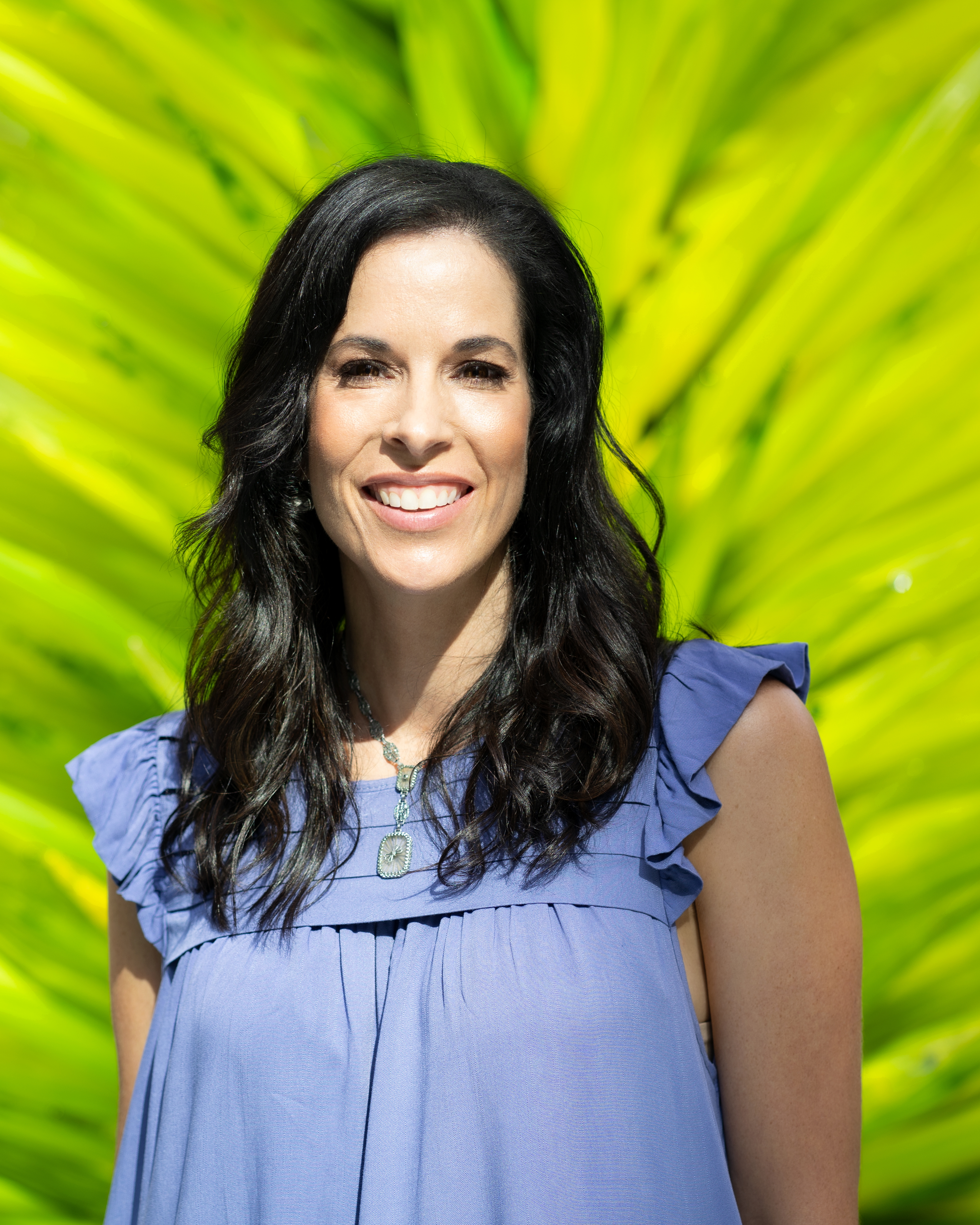3 Guideposts to protect you from today’s biggest occupational risk
In the early 80s, when 23-year-old Howard Scott Warshaw found himself eye to eye with Steven Spielberg, he was beyond stoked. Warshaw had made a name for himself in Silicon Valley after creating the blockbuster Atari 2600 Indiana Jones video game, prompting Spielberg to handpick him to design an E.T. game based on the wildly popular 1982 movie.
While Atari and Spielberg haggled over rights for the game, precious production time was lost. This left Warshaw five weeks to create the game from scratch. The Indiana Jones game had taken a full year.
Warshaw worked frantically 24-7, ultimately producing what ended up widely known as the “worst video game of all time.” It flopped so bad that the excess games had to be buried in a landfill in New Mexico.
Our fast-moving market can squeeze us into similar predicaments. Today’s work environments are being called “modern hazards”—where we’re expected to perform like robots and machines to keep up with demands, hold our jobs, and be seen as “successful.”
Around the world, we’re paying the price. The World Health Organization has named depression as a “global crisis.” Burnout is the number-one occupational risk, becoming the “new normal.” Busyness is regarded as a badge of honor. We’re asked to think like machines, tackle lists at breakneck speed, and reply within .006 seconds, lest we be seen as lackadaisical.
And we wonder why modern times have been dubbed the “Age of Anxiety.”
What makes this tricky is that we’re wired to work hard. There’s a palpable neurochemical rush that comes with engagement. A job well done is something to be proud of; a solid work ethic is noble. Striving for excellence isn’t inherently unhealthy. Work provides a sense of identity and accomplishment. It allows us to advance causes and innovate. There’s incredible value in work.
But as Jeffrey Pfeffer, author of Dying for a Paycheck, underscores, there are dangers within toxic work environments that offer people little choice but to carry workloads once handled by several employees, leaving us at risk for poor mental and physical health.
The American Psychological Association warns that most of us don’t recognize the magnitude of our stress until we start to physically show signs of it.
To protect yourself from work-related stress, illness, and burnout, here are three guideposts
1. There’s no “success” without mental health
Paychecks, accolades, bonuses, letters after your name, fancy titles, status, and/or the stuff you buy with your paycheck cannot bring back your health. If you’re at an organization that brings lunch in to keep you chained to your desk and expects you to answer emails in your sleep, you might need to speak up or get out. If you fry your motherboard, your long-term capacity to do well and be well will be disrupted. Nothing is worth getting sick (or dying) over.
2. You’re more likely to do well and stay well when you set boundaries
Know the difference between caring and caring too much. There are only a few degrees between well done and burnt. Don’t fall for the commodity mindset of today, where people are treated as goods—like human doings, not human beings. Identify your thresholds and honor them. Make resilience your number-one priority. Keep sustainability in the fore—you can’t sprint through marathons without collapsing. Set a reasonable pace, and make sure you devote proper time to regroup and engage in self-care and health-boosting activities, including sleep, social time, exercise, and leisure. Prevention is less costly than repair. Research shows that setting boundaries to make room for “break rituals” and “me time” actually supports efficiency and productivity. Despite the assumptions many workplaces operate under, making space for employee well-being costs less than turnover, burnout, presenteeism, and absenteeism.
3. Reimagine your legacy
No one is going to stand up at your funeral and talk about how quickly you answered your emails or how stacked your LinkedIn profile was. Beware of role-as-sole-identity mindset—the kind that confuses what you do as defining who you are. Watch out for status bait, that leaves you apt to mistake a “Goods Life” for “The Good Life”—what positive psychologists characterize as one that allows us to flourish through deep connection, mindfulness, and presence. Reimagine success to ensure an expansive legacy that reflects your true purpose, not one that relegates you to define your value based solely on performance metrics that don’t begin to capture the contributions you are capable of making in the world.
Since the time of his E.T. debacle, Warshaw is now known as the “Silicon Valley therapist,” coaching fellow high-achievers to be a little more self-compassionate and to see their “failures” as lessons. His legacy reminds us that “success” within the market cannot always be controlled, but that we can reimagine the ways we define it to keep mental health intact and find our way towards “The Good Life,” together.
References
NPR.org website, http://www.npr.org/2017/05/31/530235165/total-failure-the-worlds-worst-….
Raviola, G. et al. (2011). A global scope for global health—including mental health. The Lancet, 378 (9803), 1613–1615.
American Psychological Association (2012). Stress in America: Our Health at Risk. APA.org website, https://www.apa.org/news/press/releases/stress/2011/final-2011.pdf.


